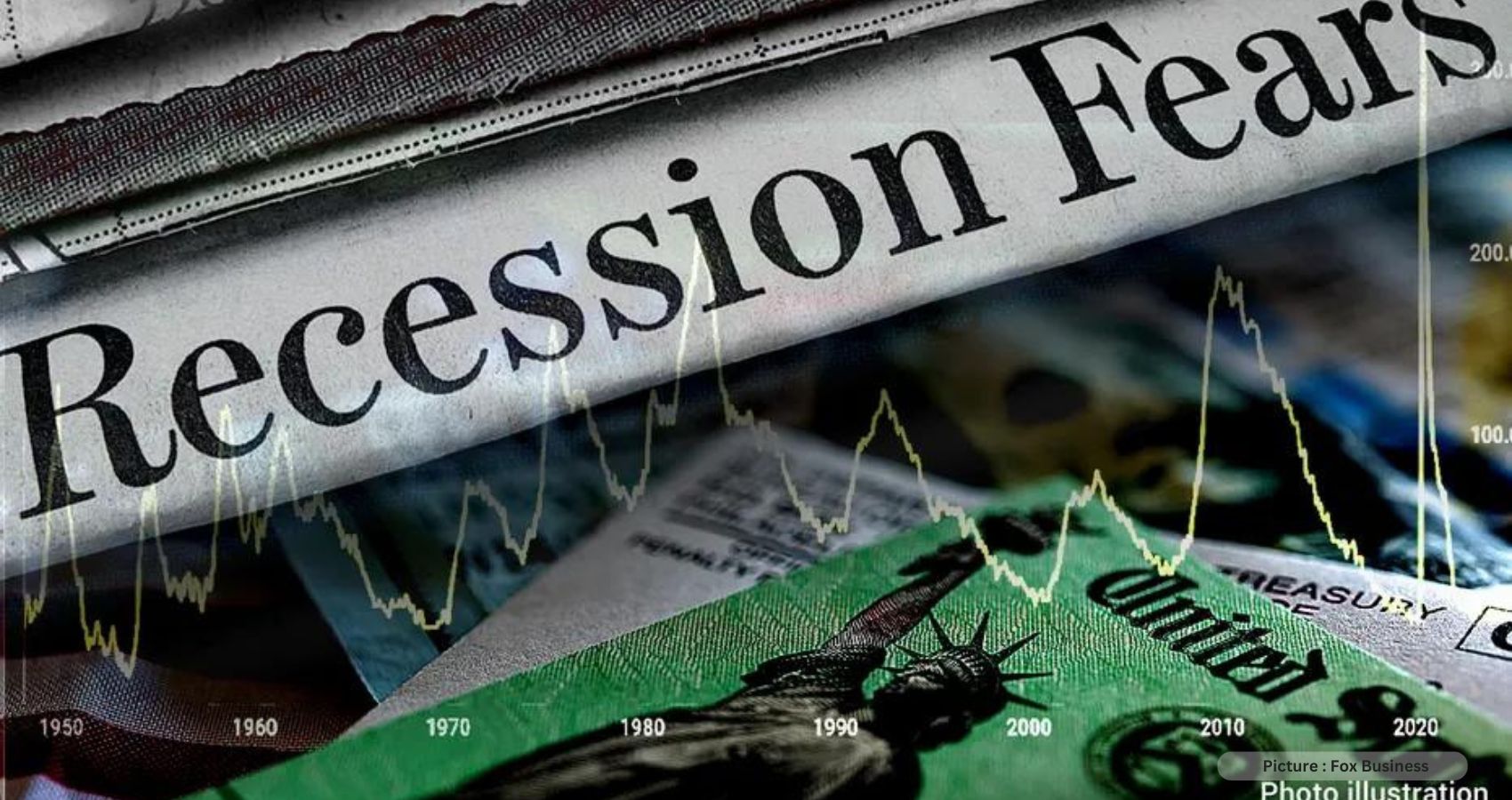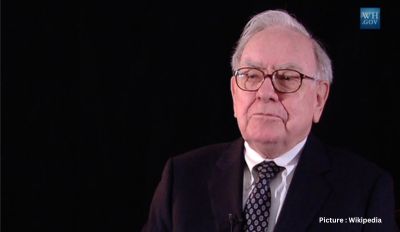The United States could potentially face a significant economic downturn in the near future, and such a scenario would not only impact India’s vital services sector, a key component of the nation’s GDP, but also introduce substantial volatility into both the bond and equity markets, according to a prominent economist.
In an exclusive interview with NDTV, Neelkanth Mishra, the Chief Economist for Axis Bank and part-time chairperson of the Unique Identification Authority of India, expressed his concerns about the United States potentially entering a recession. While initial expectations were that the U.S. would experience a decline in GDP growth, this did not materialize by the end of September, with some believing a “soft landing” was in store.
Mishra offered a counterpoint, highlighting a significant increase in the U.S. fiscal deficit. “Our analysis says, however, that this year, their fiscal deficit has gone up by 4% of their GDP. They had targeted $1 trillion – their fiscal year ends on September 30 – and they ended up with a figure of $2 trillion. If the fiscal deficit is so high, there can’t be a recession,” he explained. However, the challenge lies in maintaining this elevated fiscal deficit to sustain economic growth.
“Even if they manage to keep the fiscal deficit flat next year, which is a problem in itself, the economy will go into a recession. Because of the fiscal deficit being so high, no one is wanting to buy U.S. bonds. Rates are rising because of that, and this is going to lead to a contraction in demand across the world. So, the recession that will happen could be a very deep one,” he cautioned.
Turning his attention to the potential impact on India, Mishra identified four key pathways. Firstly, the services sector, which is already experiencing sluggish growth, could further decelerate, impacting India’s IT services industry and business services exports, which constitute 10% of India’s total exports. This decline could potentially result in a 1% reduction in GDP growth.
The second pathway involves the impact on goods exports, with a drop in demand anticipated. Mishra emphasized that demand for goods is already low in China, Europe, and Japan, and if it also diminishes in the U.S., it could affect India’s goods exports.
The third concern revolves around the risk of product dumping in India. If India remains the sole bastion of demand resilience, manufacturers worldwide may flock to sell their products in India, negatively impacting Indian manufacturers.
Lastly, a U.S. recession could affect the yield on its government bonds, leading to an increase in the cost of capital for other economies. This could particularly affect Indian borrowers, making it harder to secure dollar loans and introducing volatility into financial markets, including bonds and equities.
Addressing how India can prepare for such potential turbulence, Mishra stressed the importance of macroeconomic stability over risk-taking to navigate these uncertain waters. He asserted that macroeconomic stability provides the foundation for sustained long-term growth.
Responding to a question about a recent Morgan Stanley report, which suggested that India’s stock market could rise by 10% with a stable government after 2024 but might fall by 20-60% if stability is not achieved, Mishra challenged this viewpoint. He argued that the central government’s impact on the economy is typically seen over a medium-term horizon, in the range of 3-5 years. State governments, on the other hand, play a more substantial role in short-term economic momentum, influencing foreign and private investments. Mishra highlighted demographic trends in India, such as falling fertility rates and increasing net savings, as indicators of economic strength that are relatively impervious to changes in the central government.
He underlined that this sensationalist forecasting does not align with the economic realities in India. Housing construction, a significant driver of the Indian economy, is unlikely to be significantly affected by changes in the government.
Regarding advice for the middle class in the face of potential economic turbulence, Mishra recommended caution in the coming year or year-and-a-half, as the global economy could experience significant volatility. However, he also expressed optimism about India’s economic trajectory over the next 5-7 years, suggesting that there is no cause for undue concern.
Neelkanth Mishra, a prominent economist, has voiced concerns about the possibility of a deep recession in the United States and its potential impact on India, emphasizing the importance of macroeconomic stability and challenging sensationalist forecasts about the Indian economy. He advised caution in the short term but expressed optimism about India’s longer-term economic prospects.











